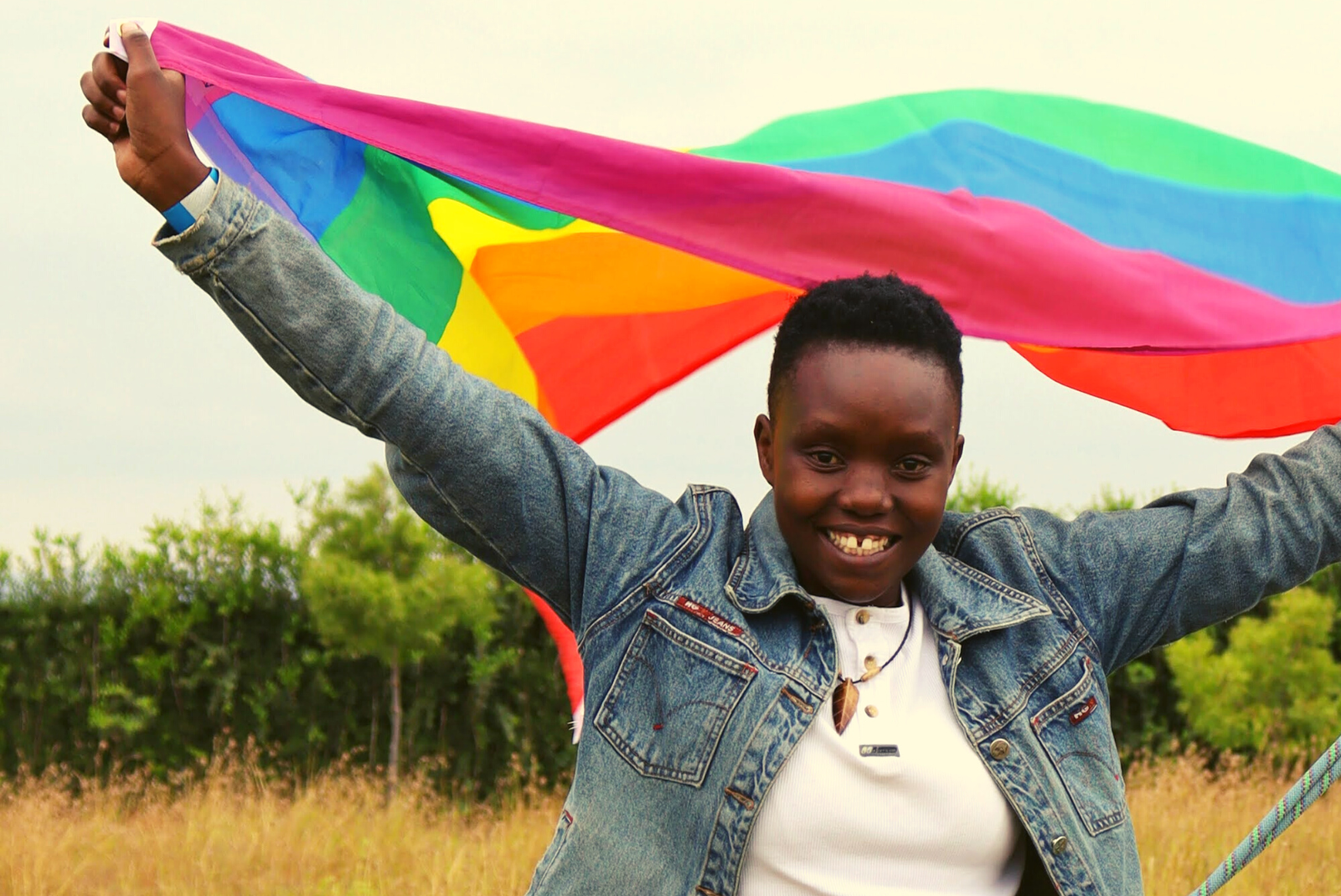
Fahe Kerubo is a Youth Health Advocate, an LGBTQIA+ activist, and a representative of the SheDecides movement.
Articles by Fahe Kerubo

Pride 2022: Fahe Kerubo in the spotlight
Fahe Kerubo is a 29-year-old Youth Health Advocate & LGBTQIA+ activist, who is currently serving as the Youth Committee Chairperson for Reproductive Health Network Kenya. We interviewed them for Pride Month 2022: How do you celebrate Pride Month and what does it mean to you? Pride Month is a time for me to reflect deeper on what it means to be queer, what it means to be masculine presenting, and what it means to live an authentic life, especially in this era. It is a time for celebration, to re-evaluate, and to remember the lives we have lost and the battles we have to go through for being authentically “us”. What was it like for you growing up in Kenya as part of the LGBTQIA+ community? Growing up in Kenya as a queer, non-binary, masculine-presenting person was a constant battle with the world, for them to see me beyond my sexual orientation and my gender identity. I am misgendered every day and it is expected of me to suck it up, deal with my feelings, and be okay with that. Here, privilege dictates your sense of dignity, autonomy, and power to decide for yourself. For a queer person from the slums of Kenya – me being one of them – privilege is not something afforded to them. I grew up constantly listening and heeding to voices telling me what to do, how to dress, how and when to speak. So many voices saying “do this and that” – so many voices but my own. Thanks to education and the humanitarian spaces, I am getting to learn that I can decide for myself whether to be in a relationship or not and with whom. Learning that nobody can decide for me but myself is the greatest gift life has given me, and that alone has given me power to rise above stigma, and most importantly, use my voice in advocating for the prioritization of queer SRHR. Why is it important to include LGBTQIA+ issues in sexual and reproductive health and rights (SRHR)? The prioritization of queer SRHR issues is very important because the LGBTQIA+ community is not openly spoken about, especially in mainstream discourses, while on the ground these are lives that are constantly at risk and very vulnerable. The criminalization of our community itself has put us at a risk of acquiring STIs and HIV. Rates of unsafe abortions are also high in the community, and victims of violence are underreported. This is a community with needs that must be addressed. Within the workplace, what steps can be taken to promote a positive and healthy environment for colleagues who identify as LGBTQIA+? 1. Take LGBTQIA+ discrimination seriously – establish a strong anti-discrimination policy to be followed by all staff 2. Foster a gender-neutral environment – such as establishing unisex toilets and using gender-neutral language 3. Provide training, mentoring, and support programs to LGBTQIA+ staff 4. Support LGBTQIA+ events or be part of them 5. Create networks – LGBTQIA+ employee networks can be very powerful ways for colleagues to come together and share experiences And finally, who or what is your LGBTQIA+ hero and why? Nena Na Binti Hotline offered the LGBTQIA+ community sexual and reproductive health services (including safe abortion care) during the COVID-19 pandemic, and continues to do so. They even offered services to members of the community who didn't have money to pay. I know what it means to want to terminate an unwanted pregnancy and not have money to pay for a safe service. A constant battle we deal with is the high cost of health services, which is one of the reasons we avoid seeking care. All the queer people I referred to Nena Na Binti Hotline have been served and we live to tell a happy tale. How can they not be my hero this Pride Month?









